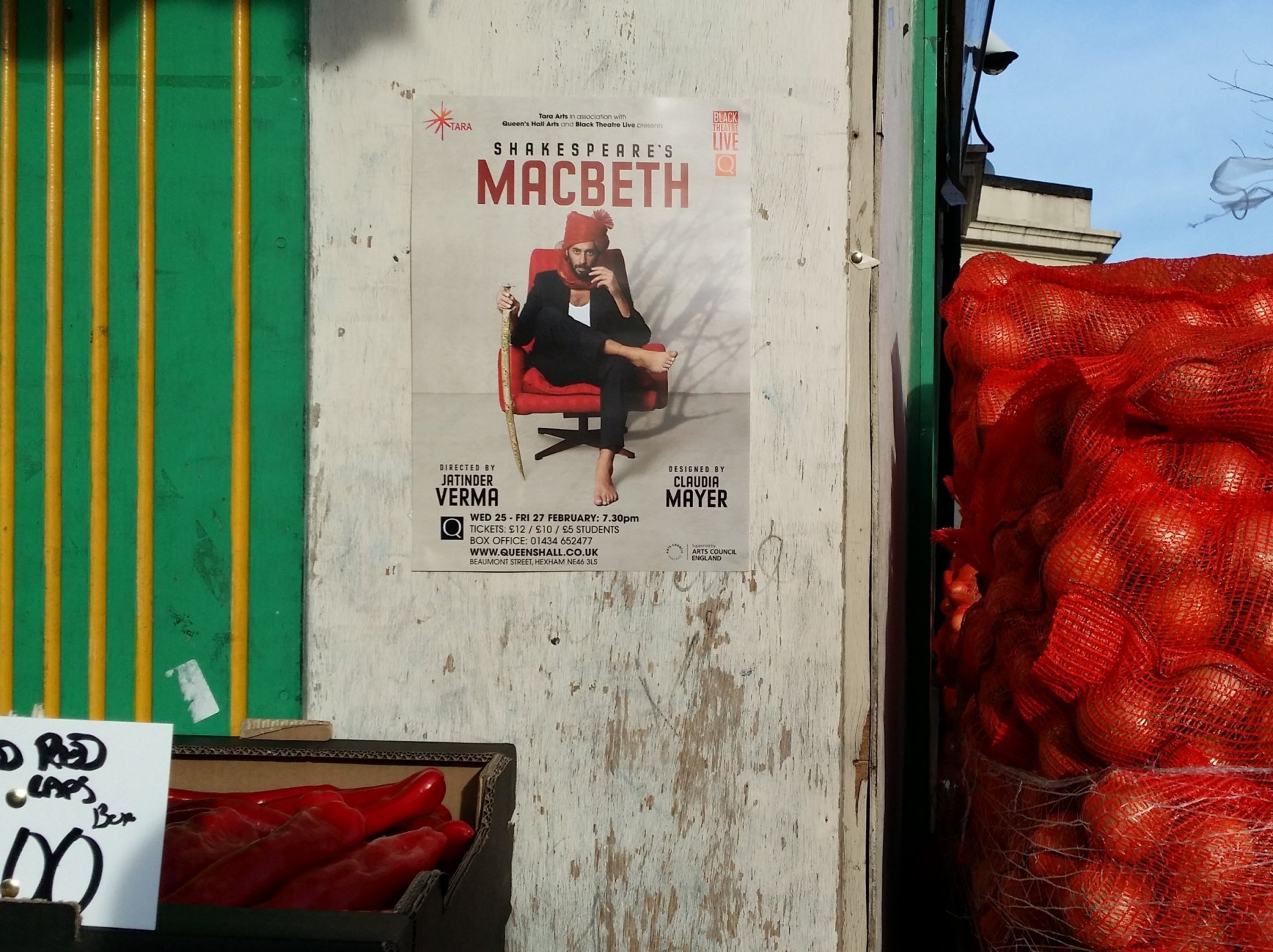
Millions of conversations
How relevant is outreach marketing in a world of digital communications? Hardish Virk believes there is still a place for talking to people on the street.
In 1986 I had my first experiences of arts marketing – promoting a jazz festival at my school and a youth theatre production at a local theatre. In both cases, I went out into the community with print in hand to speak with the very people that we were trying to engage as audiences. During the 1990s I went on to work with a range of organisations targeting a diverse community of people in the arts and also in the voluntary and health sectors. The principle of getting to know the community to tailor the marketing to their needs was relevant to all sectors.
By 1998 audience development had become a priority for arts organisations with Arts Council England investing millions in initiatives and projects. Even though I had experience of both marketing and PR, my speciality was audience development with outreach at the heart of my work. The aim was to get to know the potential market or community, then design marketing tools and implement methodologies that were accessible and relevant. This developed sustainable relationships. I coined this ‘social marketing’ and it became an essential part of the marketing mix.
Outreach distribution was favoured over digital communications when targeting new and unknown audiences
In 1999 I started using e-marketing as an economical method of promoting events and by 2010 online communications had become an essential part of any marketing campaign. Now texting and social media are more popular among the digital generation than speaking on the phone. So is this the end of outreach?
I asked a few arts organisations to respond to a survey about their relationship with digital communications and outreach marketing. The survey revealed that website, e-marketing and social media were particularly important when targeting a young demographic (under 25 years old), but outreach distribution was favoured over digital communications when targeting new and unknown audiences – the best way of getting to learn about the community was still to go out and speak with them. It also revealed that the outreach methodology was useful for recruiting participants for education or community projects.
So there is not just one way or another, but both digital communications and outreach marketing have an important role to play depending on who we are trying to communicate with and the kind of relationship we want to develop. I still see the value of outreach work with evidence of it developing trust and relationships in the community while generating new audiences and partnerships for arts organisations.
One such project that uses outreach alongside digital communications is Black Theatre Live, a national consortium of eight regional theatres led by Tara Arts. It is committed to effecting change for black, Asian and minority ethnic (BAME) touring theatre through a sustainable three-year programme of national touring, structural support and audience development. Macbeth is the first production, which will include street teams going into South Asian communities across England to promote the production – putting a face to a classic play set in modern-day England within an Asian context. Macbeth might not be accessible to everyone at first, but through conversation it is possible to find common ground and enthuse individuals who would otherwise never consider going to see it.
In essence, the personalised approach (or outreach) continues to be at the heart of many marketing campaigns including door-to-door canvassing, flash mobs and asking the public to fill out a survey.
Recently, Ed Miliband summed up the importance of speaking with communities in person: “We will win this election, not by buying up thousands of poster sites, but by having millions of conversations. I am going to be leading those conversations in village halls, community centres, workplaces right across the country…explaining our vision, house by house, street by street, town by town…And in every single one of those conversations, we will be talking directly with people on their doorstep.”
Hardish Virk is an audience development specialist, journalist and author.
hardish.moonfruit.com
Join the Discussion
You must be logged in to post a comment.